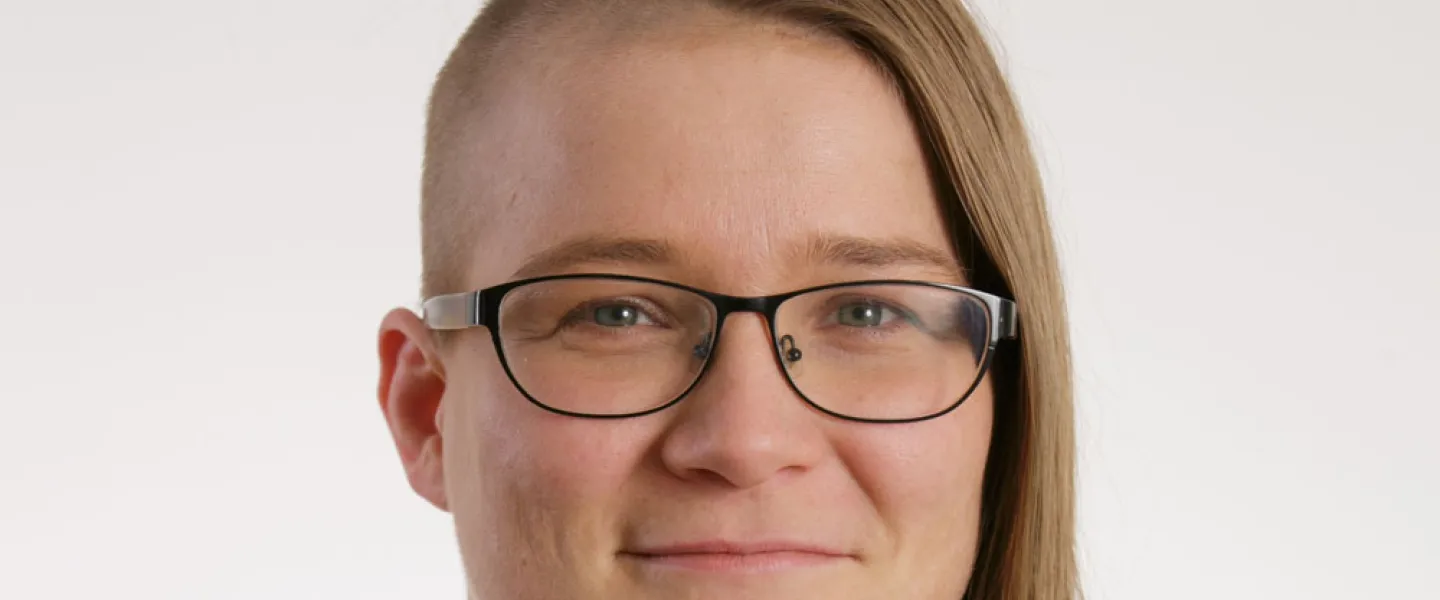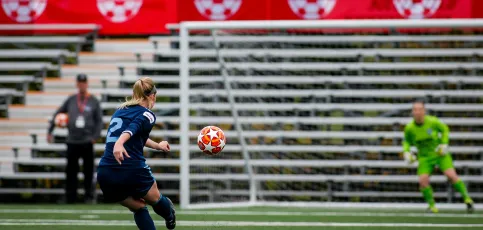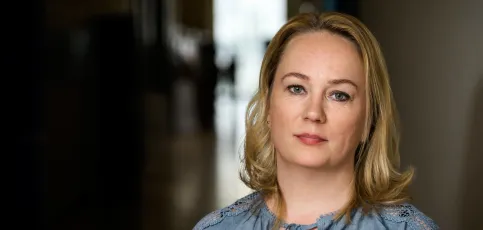
"Over half of the women I've interviewed have had a moment where they hoped to be injured to escape the pressure. One who tore her cruciate ligament was happy because finally there was something the matter. She had been forced to compete despite complaining about her knee," says Anna Soffía Víkingsdóttir, sociologist and sessional lecturer at the University of Akureyri Research Centre, who is working on her doctoral thesis at the University of Iceland. The topic is sexual, physical and emotional violence in women's competitive sports, both team and individual sports.
Anna Soffía takes a broad approach to the experiences of female athletes and reports that, according to her interviews, sports divisions and associations do not handle it properly when coaches go too far. Most of the women she has talked to have represented Iceland in their sport and have excelled because they put a huge effort into achieving success. Many of them, however, have experienced pressure to train and/or compete while injured. At the same time, they have been under such mental and physical strain in the sport that they have even welcomed injuries.
Women's teams get worse coaches and referees and smaller bonuses
Anna Soffía has already talked to 15 top sportswomen of the around 25 she plans to interview and, based on these conversations, there seems to be more gender inequality in team sports than individual sports. The women get the message that they have to be better than the men in order to actually be treated equally. According to the interviews, women still get worse coaches, have to do more voluntary work, get lower wages and bonuses, and less skilled referees are assigned to their matches.
The inspiration behind Anna Soffía's research was the #MeToo movement which was prominent in public discourse a short while ago and centred around women from various walks of life disclosing the violence and harassment they have suffered. Anna Soffía found her first interviewees in a Facebook group, who then helped her recruit more women. Her starting point was a theory which covers more subjects than #MeToo and she decided to conduct interviews and see where that led her. Almost all her participants had experienced sexual harassment, everything from unwanted touching to rape, emotional and/or physical violence. The abuse of power can thereby lead to sexual violence.
Anna Soffía points out that there is a difference between team and individual sports, since an entire team may have strength in numbers against a coach, but an individual is in a more difficult position if coaches abuse their power.



